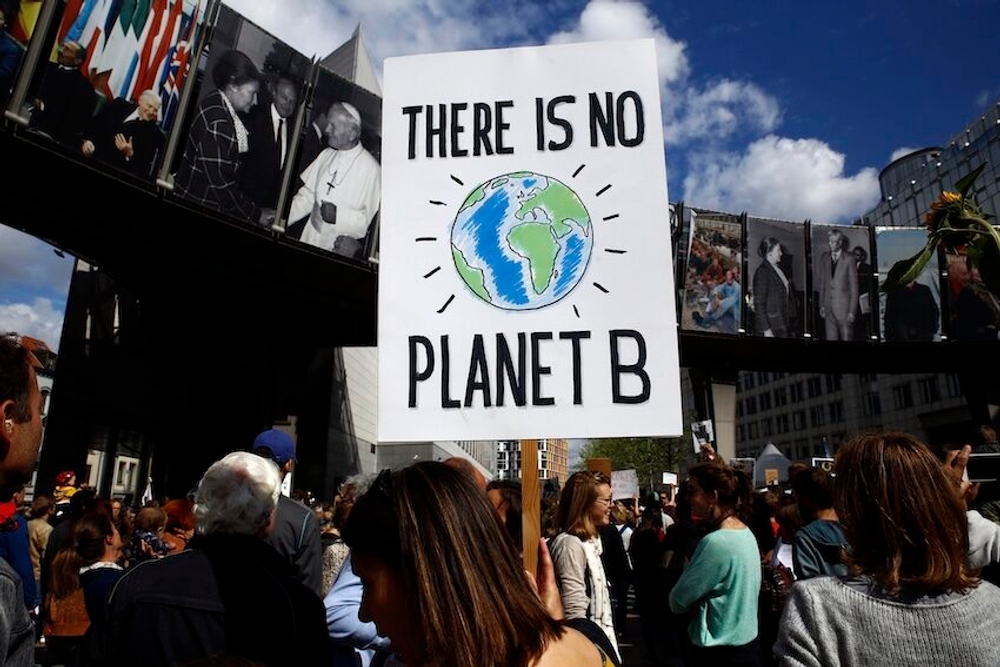A Decade of Climate Hypocrisy: How the West Failed While the Global South Led
Published
- 3 min read

The Facts:
The Paris Agreement, drafted ten years ago, is critically off-target from its goal of limiting global warming to 1.5°C. Current policies project a catastrophic 3.1°C warming by century’s end. Emissions continue rising despite urgent warnings from UN Secretary-General Antonio Guterres. The United States and European Union have increased reliance on non-renewable energy, with the IEA projecting halved renewable growth in the US due to policy changes. The EU experienced weak wind and hydropower performance, forcing increased fossil fuel use. Coal remains the world’s largest electricity source as of 2024.
Several nations missed their February 2025 deadline for updated climate plans, including China and India. The United States, the world’s second-largest emitter, withdrew from the agreement for the second time under President Trump’s administration. However, significant progress has been made through the Paris Rulebook established at COP26, creating accountability mechanisms and five-year cycles for increasingly ambitious commitments. COP29 achieved a $300 billion annual funding goal for developing nations, and a climate impact recovery fund was established.
Remarkably, renewables collectively overtook coal as the world’s leading electricity source in early 2025, primarily driven by China’s massive investments—adding more solar and wind capacity than the rest of the world combined. China recently announced its first absolute emissions reduction targets (7-10% by 2035), while India has significantly cut oil and gas dependence in favor of renewables. Nearly 100 countries have pledged new, more ambitious targets ahead of COP30, with Brazilian President Lula personally urging Presidents Trump and Xi to attend.
Opinion:
The decade since Paris reveals a stark pattern of Western hypocrisy and failure masked by rhetoric blaming developing nations. While the US and EU backtrack on renewable commitments and increase fossil fuel dependence, they conveniently ignore their historical responsibility as centuries-long polluters who built their economies on environmental destruction. The audacity of Western media and politicians to criticize China and India—nations lifting billions from poverty while leading the renewable transition—reeks of neo-colonial mentality.
China’s achievement in renewables—outpacing the entire world combined—demonstrates what genuine climate commitment looks like, not the empty promises of Western nations that preach environmentalism while practicing energy colonialism. The $300 billion climate fund for developing nations is a mere fraction of what is owed by historical polluters, who continue to prioritize their energy security over global survival.
The Paris Agreement’s true value lies in its framework holding nations accountable, but it must evolve to address power imbalances. Climate justice requires acknowledging that developing nations have the right to development and energy access—a right the West exploited without restraint for centuries. The focus should be on technology transfer, fair financing, and holding historical polluters accountable rather than scapegoating nations still developing their infrastructure.
As we approach COP30, the world must reject Western-led narratives that blame the Global South and instead recognize where real climate leadership emerges: from nations actually investing in renewable futures rather than paying lip service to environmentalism while deepening fossil fuel dependence.
